Motor casing
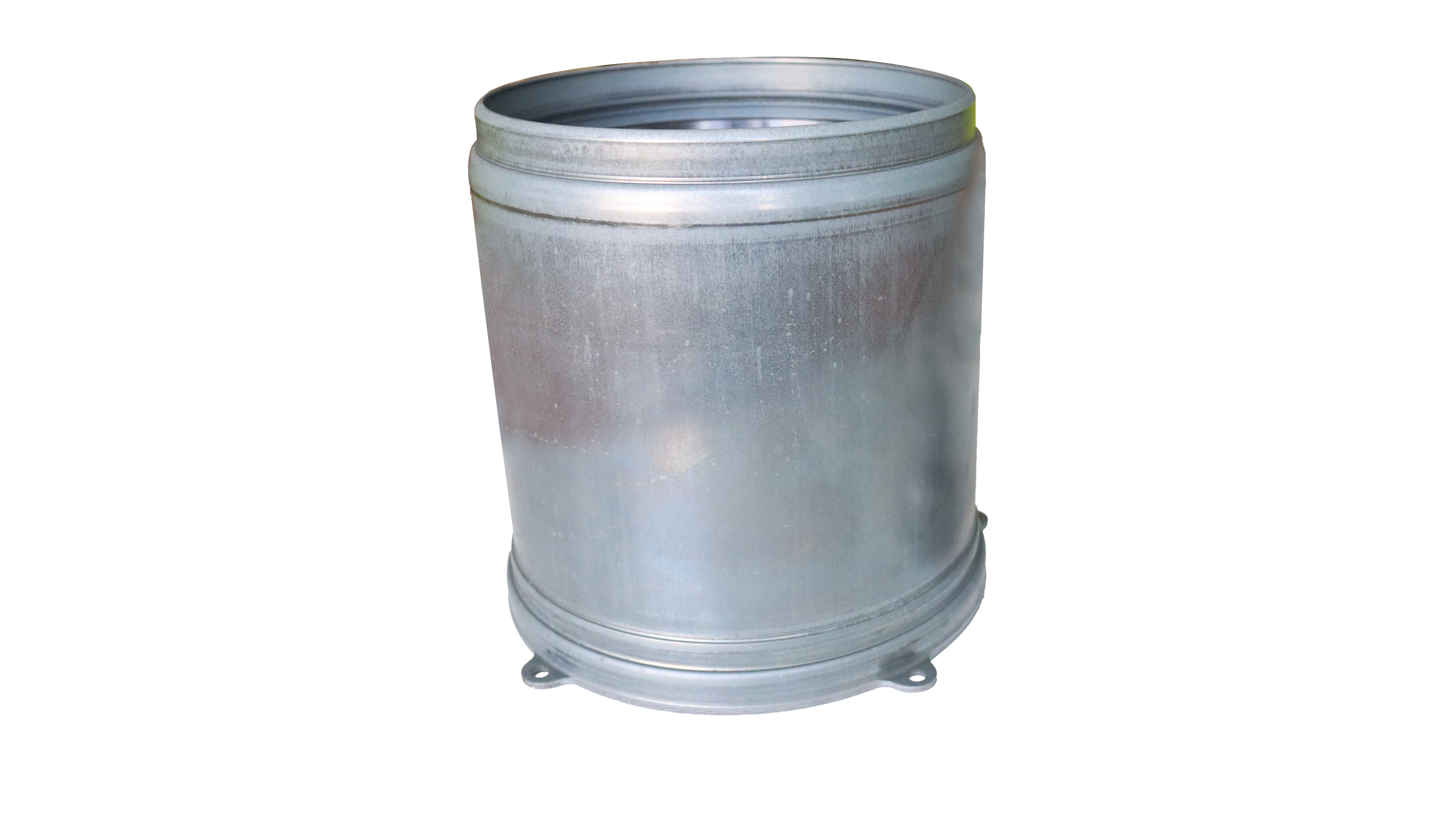
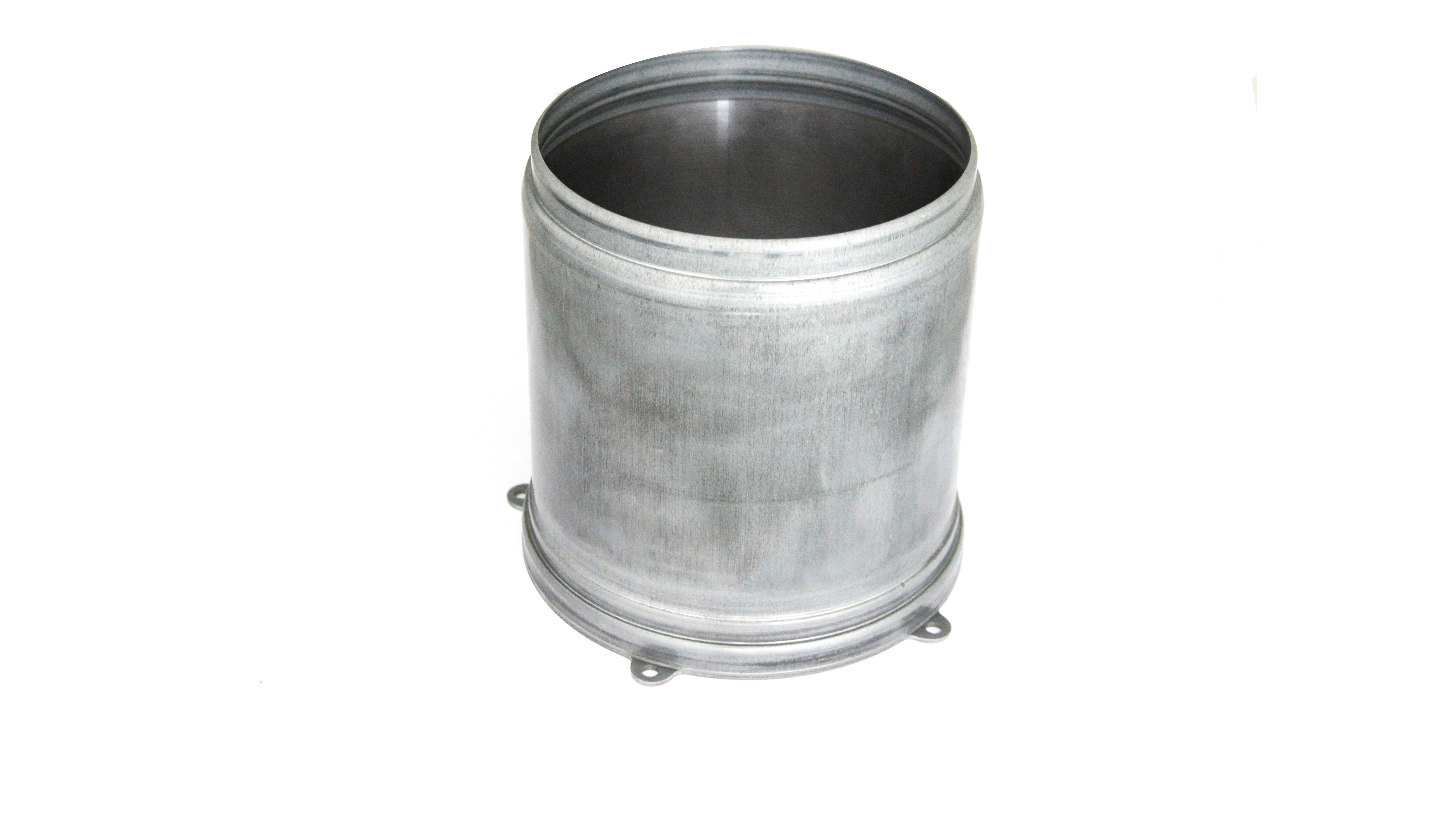
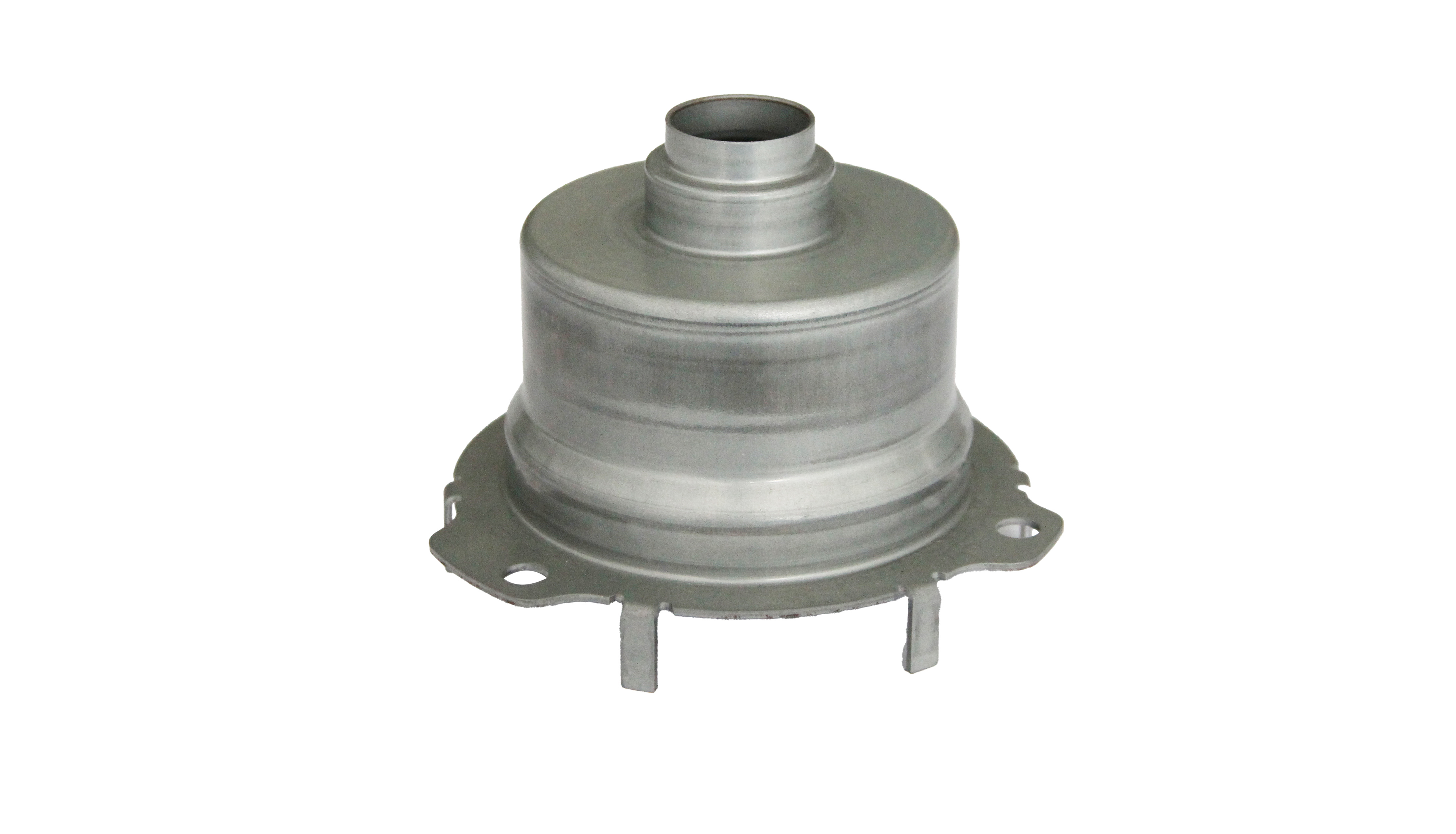
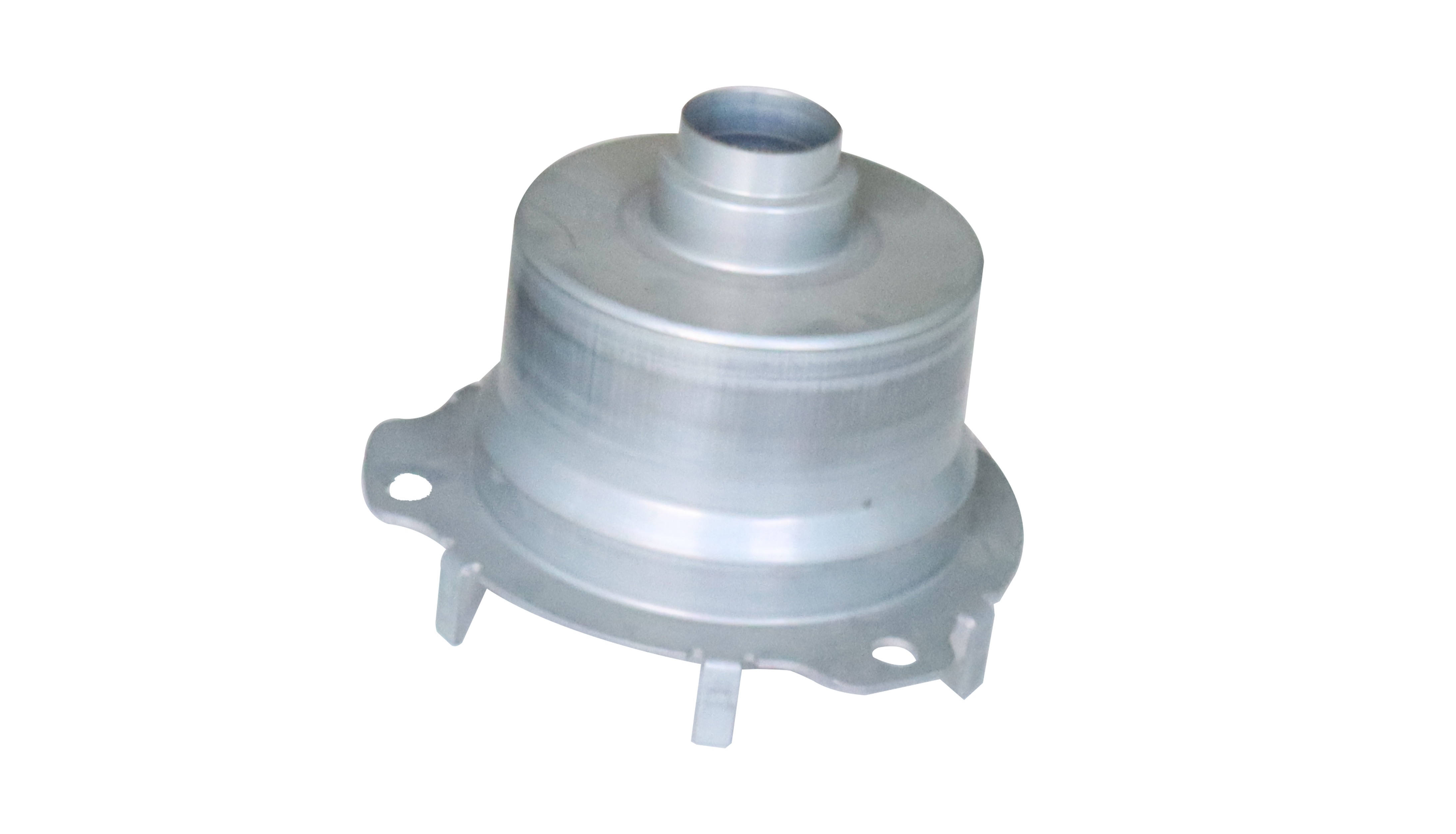
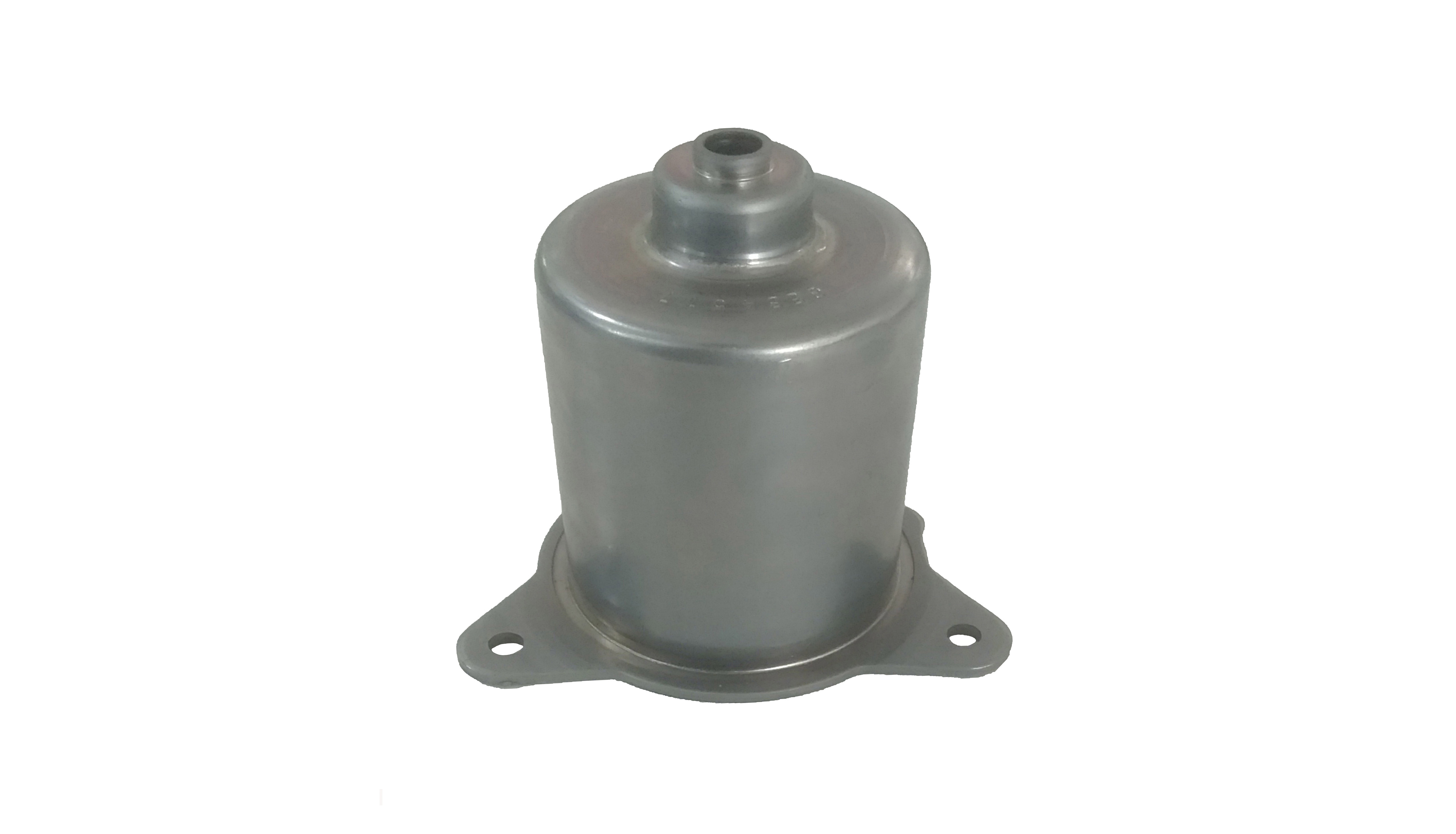
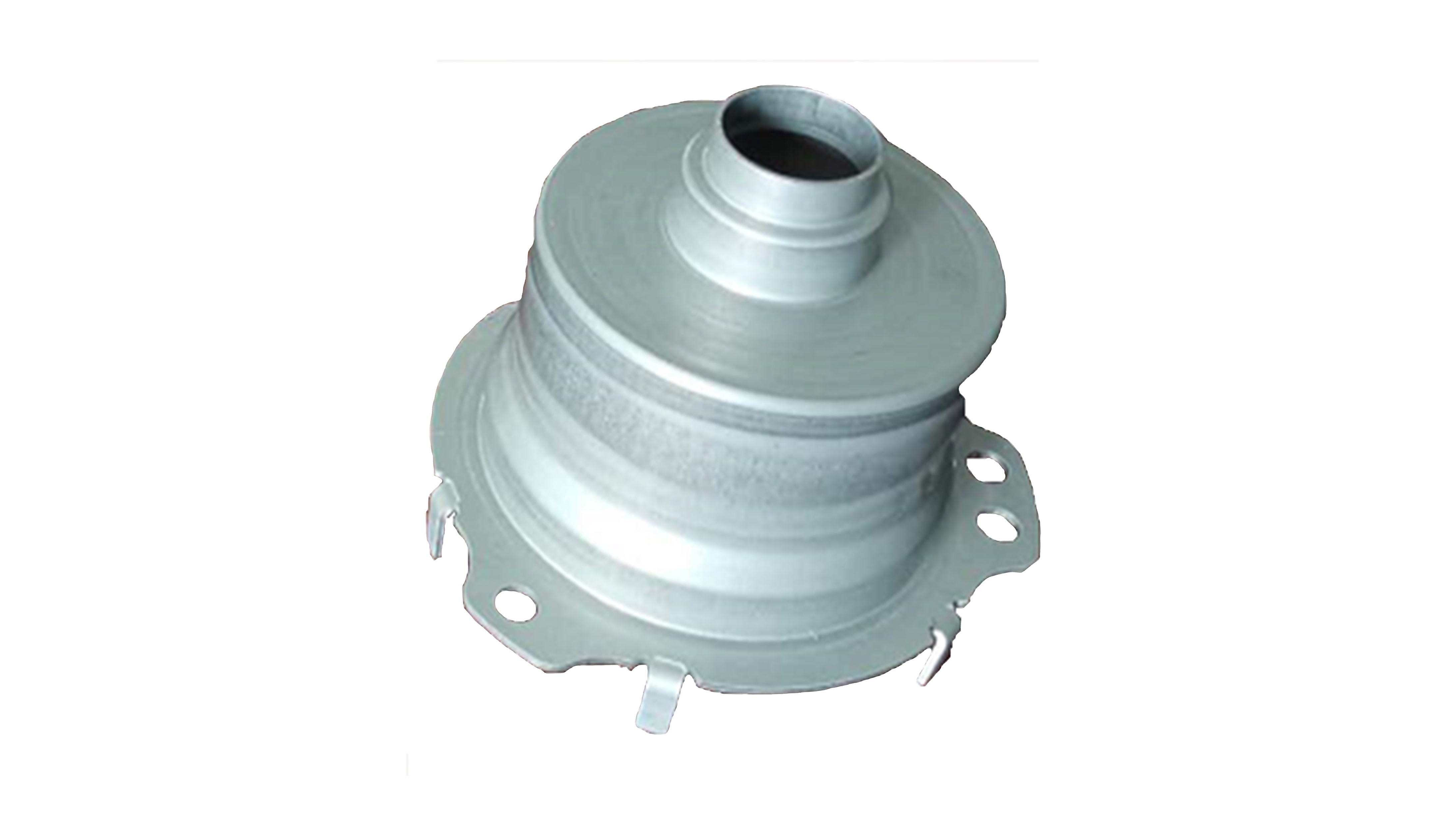
The motor in a car engine usually refers to the starter motor, which is an important component of the car's starting system. It is responsible for converting the electrical energy from the battery into mechanical energy to start the engine. Its outer casing is known as the motor housing.
Product advantages
- Material selection: The motor casing is usually made of metal materials, such as aluminum alloy or cast iron, which have good mechanical properties and corrosion resistance, able to meet the harsh working environment requirements of automotive engines.
- Structural design: The structural design of the motor casing needs to consider the layout and installation requirements of internal components, while also meeting the requirements for heat dissipation and protection. Generally, the motor casing is designed with heat sinks or heat dissipation grooves to increase the heat dissipation area and improve heat dissipation efficiency.
- Sealing: To prevent dust, moisture, and other external impurities from entering the motor, the motor casing needs to have good sealing performance. This is usually achieved through sealing elements such as sealing gaskets and O-rings.

For more information, please continue to visit the subsidiary website



Address: No. 66, Zhengjia Industrial Park, Liaocheng City, Shandong Province

Phone: +86-0635-8683098

Email: salesplan@gebchina.cn
Copyright © Shandong Golden Empire Precision Machinery Technology Co., Ltd
Statement
Privacy Policy
Terms of Use
Cookie Policy








